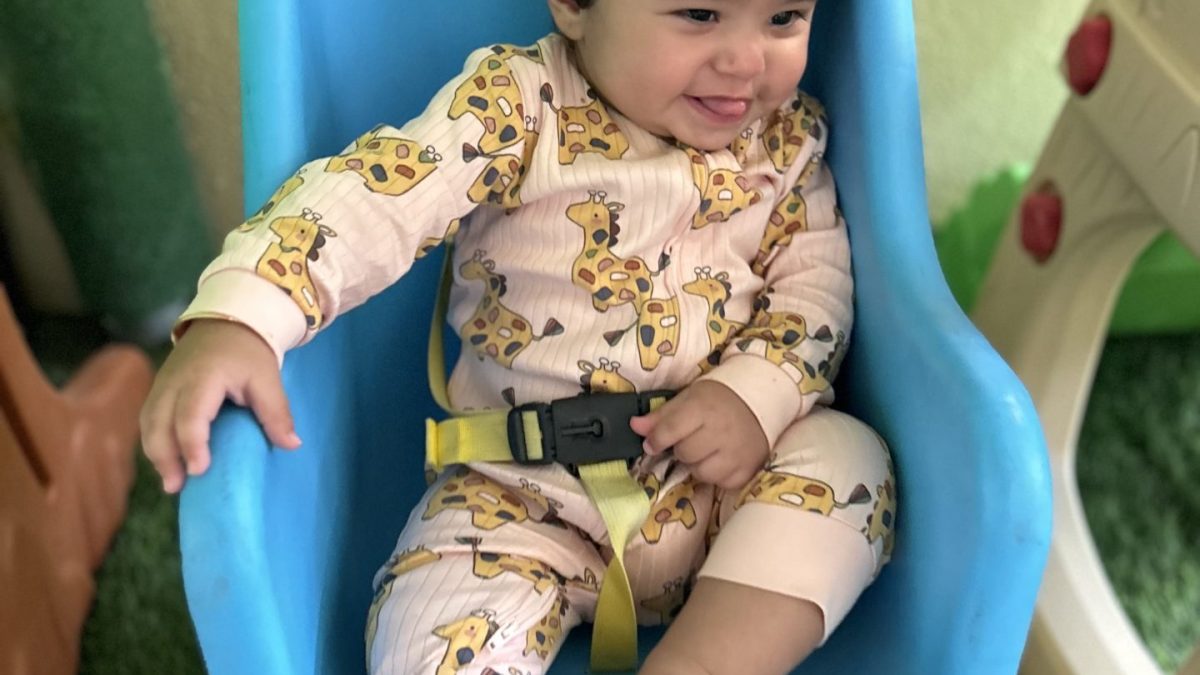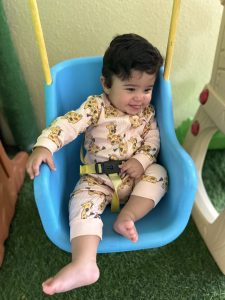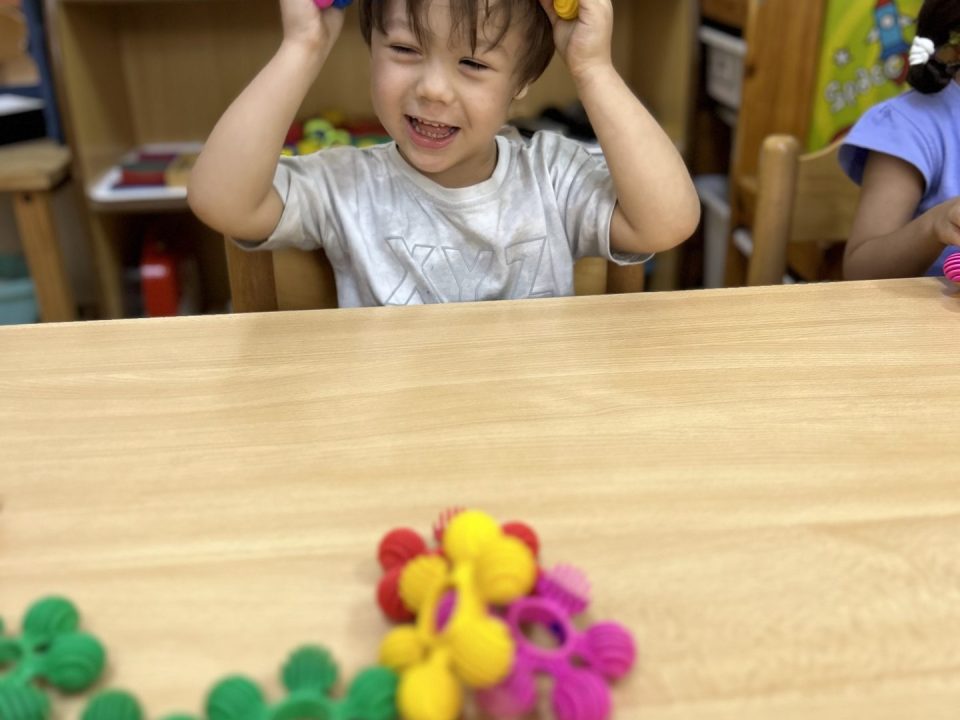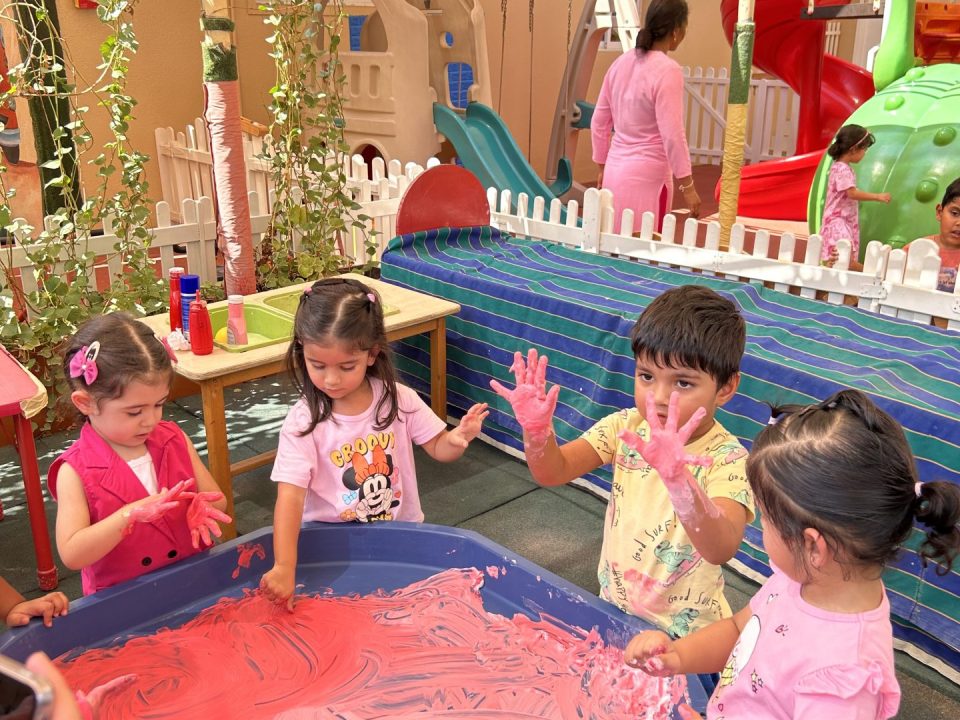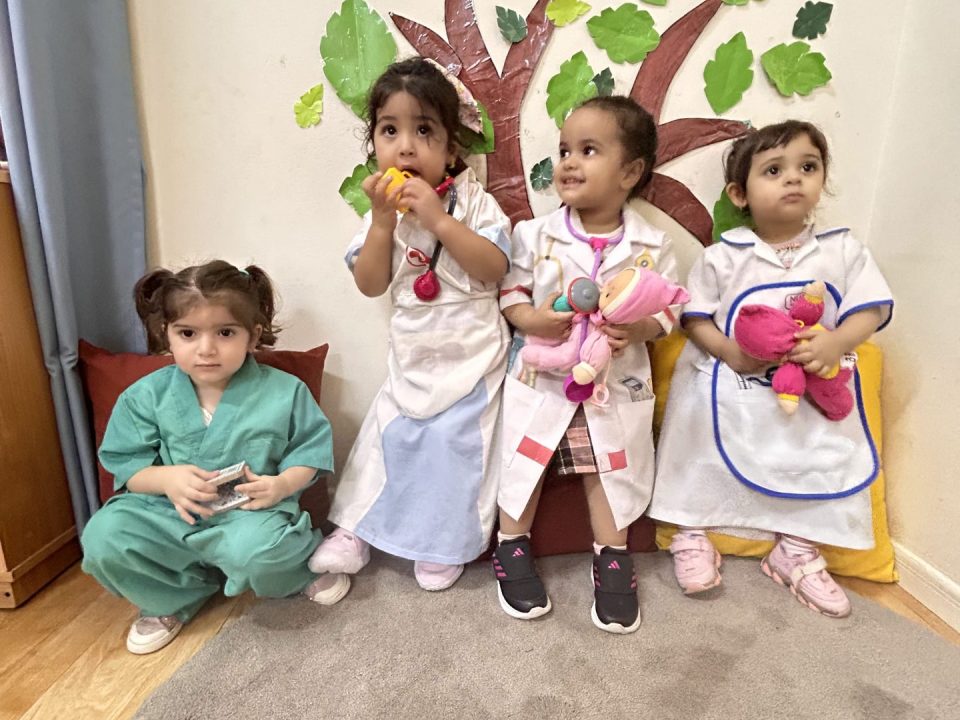Potty training — it’s a milestone that strikes fear and anxiety in the hearts of parents everywhere. Potty training problems get magnified further when they’re already considering whether their child is ready for nursery in Dubai.
Some questions that beset parents include: Is it normal for a 3-year-old to not be potty trained? Why am I having potty training problems with my 4-year-old? Is it normal to have potty training issues with a 5-year-old kid? Why is potty training so difficult?
Fear not, because we’re here to guide you through this challenging journey.
How Important Is Potty Training?
Potty training teaches kids the fundamental skills needed for personal care and cleanliness, and for cultivating self-reliance.
Potty training is a significant milestone for toddlers and growing children, and should be approached with patience and consistency.
If your child is having potty training problems with poo, know that this is a common concern for parents. After all, potty training is a big step and children learn at their own pace, so the best you can do is to give your support, understanding and guidance every step of the way.
To ease potty training woes, here are some tips to help make this transition as smooth as possible:
1. Look for Signs of Readiness
Keep an eye out for cues like an interest in the toilet, discomfort in a soiled diaper, or expressing curiosity about the bathroom. Not all toddlers are ready at the same age, so watch for individual readiness indicators.
A child may be ready for potty training as early as 18 months, although potty training trouble with poop may still be observed in older kids aged six or even seven.
2. Equip Your Child With the Right Appliances
Choose between a potty chair or a seat reducer for the regular toilet, depending on your child’s comfort and preference.
Let your child be a part of this decision to make them feel more involved.
3. Create a Potty Routine
Establish a regular schedule for potty breaks. This could be after meals, before bedtime, and as soon as your child wakes up.
To build healthy habits, consistency is key.
4. Encourage Them to Sit
Initially, encourage your child to sit on the potty, even if they don’t need to go. This helps them get used to the idea of sitting on a potty and the feeling of using it.
5. Celebrate Successes
Whenever your child successfully uses the potty, celebrate!
Offer praise, claps, and even small rewards like stickers. Remember, when it comes to children’s learning, positive reinforcement goes a long way.
6. Be Patient and Avoid Punishment
Patience is your best friend during the potty training process.
Accidents are entirely normal and part of the learning curve. Never scold or punish your child for accidents, as it can create anxiety and fear around potty training.
7. Remember That Consistency Is Key
To help your child get habituated to using the potty, stick to their training routine, even on busy days or when you’re out and about.
Again, consistency helps reinforce good habits.
8. Communicate Clearly
Explain to your child why using the potty is important.
Use simple language they can understand and emphasize how “big kids” and adults also use the potty.
9. Encourage Independence
Let your child take on tasks like flushing the toilet, washing their hands, and pulling up their pants.
Allowing them to do these tasks on their own boosts their confidence and makes them feel like a “big kid” ready for bigger things.
10. Prepare for Setbacks
Potty training isn’t always a linear process. Be ready for setbacks, such as regression, potty accidents or resistance.
Always be patient, and with time, your child will get back on track.
Hurdle Potty Training Woes
Potty training may be a challenging phase, especially if you’re getting ready to enrol your child in a toddlers nursery or want to avoid potty training issues at daycare.
But with the right approach, it can be a successful and relatively stress-free journey.
Remember to watch for signs of readiness, establish a routine, and celebrate every small victory along the way. Practice patience, communicate clearly, and provide plenty of positive reinforcement.
Soon enough, your toddler will proudly proclaim, “I’m a big kid now!”



